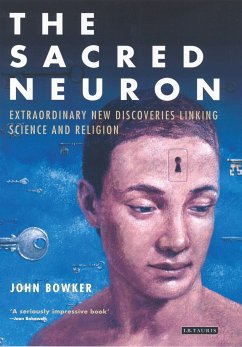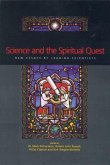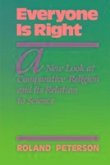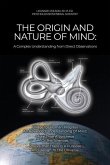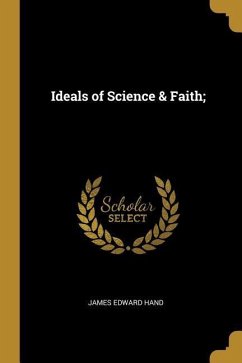Why do we think that things happen in the way that they do? Why do we think that some things are true, and other things false? Why do we maintain that some things are good, and other things evil? These are questions that have puzzled thinkers for millennia. In the past, they have been answered by separating our emotional from our rational responses. But recent research in the neurosciences suggests that the questions now deserve very different answers. In this fascinating and highly praised book, John Bowker shows that reason and emotion work much more closely together in forming opinions and judgements than has previously been supposed. If faith and belief are rooted in rationality, not separate from it (as thinkers like Richard Dawkins might propose), this discovery has stunning implications for our understanding of human identity, mind and consciousness. Illuminating some of the biggest issues that there are - issues of ethics, religion, aesthetics and truth - "The Sacred Neuron" makes a consistently original and stimulating contribution to key themes in 'science and religion'.
Bitte wählen Sie Ihr Anliegen aus.
Rechnungen
Retourenschein anfordern
Bestellstatus
Storno

